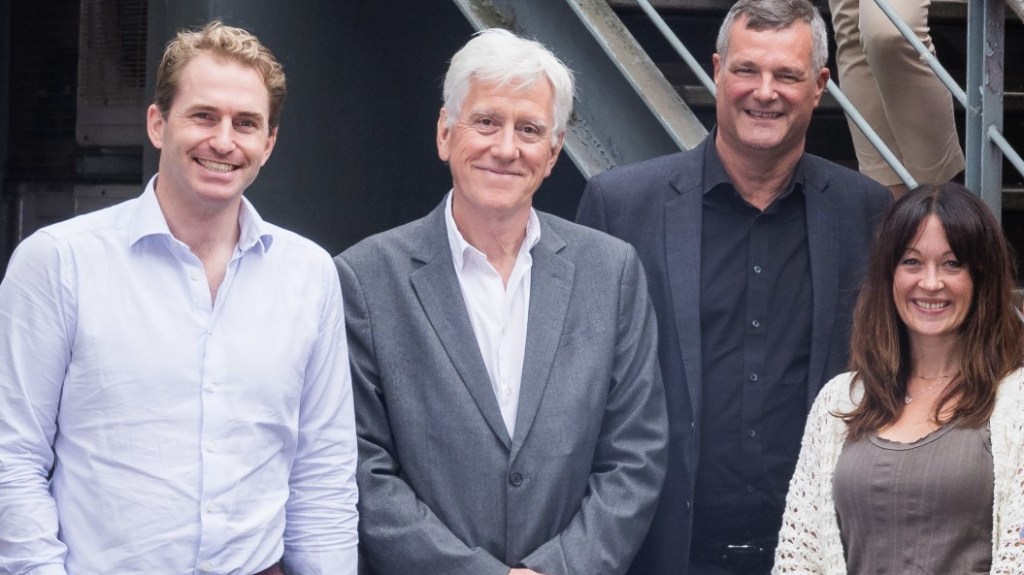Insights from Robert Higginson on Tourist Venture Capital
Robert Higginson, aged 67, co-founded Par Equity, a venture capital firm investing in tech companies since 2007, based in Edinburgh. Responsible for investment decisions in northern England and the US, Higginson is focused on digital health technology. A recent report by Par Equity highlights that from 2014, London-based companies secured 66.3% of all equity funding, while northern England companies received only 10.4%. This disparity persists despite the north having 58% more high-growth tech companies in hardware, engineering technology, and life sciences than London. Higginson aims to change this dynamic, especially targeting Yorkshire.
Yorkshire, particularly south and west Yorkshire, offers numerous [high-growth company] opportunities for investors. However, the region suffers from sporadic commitment from investors. What the region needs is sustained, professional engagement from investors. What one cannot do is act as a ‘tourist venture capitalist’: just visit, make a deal, and leave. Commitment is key.
This approach was successful in Scotland. In 2007, Edinburgh was emerging. Early conversations with Edinburgh University about commercializing university intellectual property were just starting. Fast forward 16 years, and Scotland now boasts a dynamic, integrated environment for tech companies and entrepreneurs, thanks to a supportive ecosystem.
While my Yorkshire colleagues might disagree, I believe Yorkshire is at a similar stage to where Scotland was years ago.
We need agencies like the South Yorkshire Mayoral Combined Authority, Sheffield and Leeds universities, and the University of Sheffield Advanced Manufacturing Research Centre to enrich the region’s fabric similar to Scotland. Moreover, we need long-term commitment from funders.
This transformation won’t be quick; it’s a 10 to 15-year journey, as seen in Scotland.
Being Present on the Ground
We’ve partnered with a company called Little Journey, focused on communicating with children undergoing procedures and developing drugs for rare diseases. Little Journey operates from Nexus, an innovation hub owned by Leeds University. We’ve built a relationship and worked diligently to draft a term sheet. We will invest £6 million in the company, which employs about 40 people, and has support from drug companies and hospitals.
We’re also launching an accelerator program in the autumn, linked to the planned National Centre for Child Health Technology in Sheffield, having recently reviewed 75 companies dedicated to children’s health. This sector is often overlooked by venture capitalists due to the perception of greater profit in adult health.
Through our tech accelerator, we can integrate Little Journey into a 12-week program to accelerate the adoption of its services within the NHS across the UK.
We’ll further extend this program to Scotland, and then to Stanford, in the US, and potentially Saudi Arabia.
All these efforts necessitate ecosystem investment, infrastructure development, and the cultivation of excellent companies. Real engagement goes beyond just sitting behind a computer waiting for deals.
Other VCs Contributing to Regional Deep-Tech
Notable mentions include Parkwalk and MMC Ventures. However, the number of co-investors is still insufficient. At Par Equity, we pride ourselves on venturing where others don’t. Perhaps other VCs prefer their local networks due to comfort.
At Par Equity, we see ourselves more as company builders than just investment managers. In northern England, we need to build the ecosystem for long-term benefits. Many VCs aren’t focused on deep tech, hardware, manufacturing, and engineering as we are. We relish visiting manufacturing sites, gaining a hands-on understanding, something you can’t achieve from Mayfair.
Health Technology Firms Require a US Presence
The NHS, while crucial, isn’t the easiest place to innovate. UK health tech companies need to look beyond the NHS to markets like the US for sustainable growth and revenue. The NHS provides a quality benchmark, but scalable market opportunities lie in the US.
Robert Higginson shared these insights with Richard Tyler, editor of the Times Enterprise Network.




Post Comment